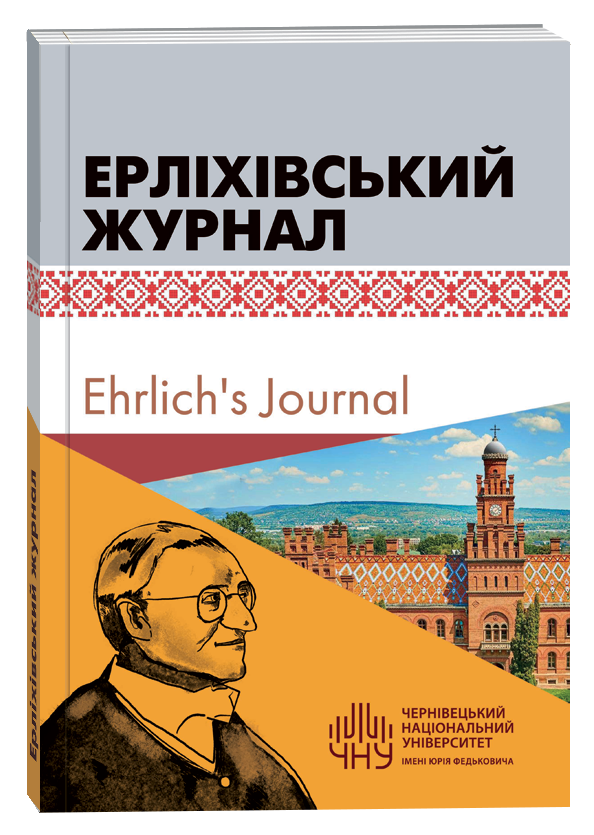SOCIOLOGY AND JURISPRUDENCE
Keywords:
law; norm for resolution; organizational norm; legal norm; sociology of law; judicial decision; jurisprudence.Abstract
The article published in 1906 deals with a qualitative difference between law and labor, which relates to this law, since the latter belongs to science, and science is not included in the content of the law. In general, Eugen Ehrlich raises the question of the relationship of legal science and legal norm. Ehrlich explains the contradiction between a clear legal rule and a rule in real life, in particular, on the example of family law, typical of Bukovina, but contrary to the general Austrian Central Committee (on the relationship between parents and the child living with them and at the same time works somewhere) The essence of the case, according to Eugen Ehrlich, is that law arise in a dual function – as an organizational form, and as a norm for resolution, that is, the norm under which judgments are made. The leading idea of differentiation is based on the thesis that the precondition of any solution is a clash of interests, struggle; and the dominant real-life relationships rarely come out of the struggle in the same form in which they entered this struggle. Therefore, along with the organizational rules that arise in the peaceful coexistence of people, there must be rules for resolution that gain their significance in the event of conflicts, with the first norms being part of the latter. In general, Ehrlich states that jurisprudence is primarily a practical discipline. It teaches the practical application of law. While the development of jurisprudence in legal science, its transition from practical discipline to the field of sociology is fully consistent with the process in other scientific fields, and is one that is becoming more and more understandable day by day.







